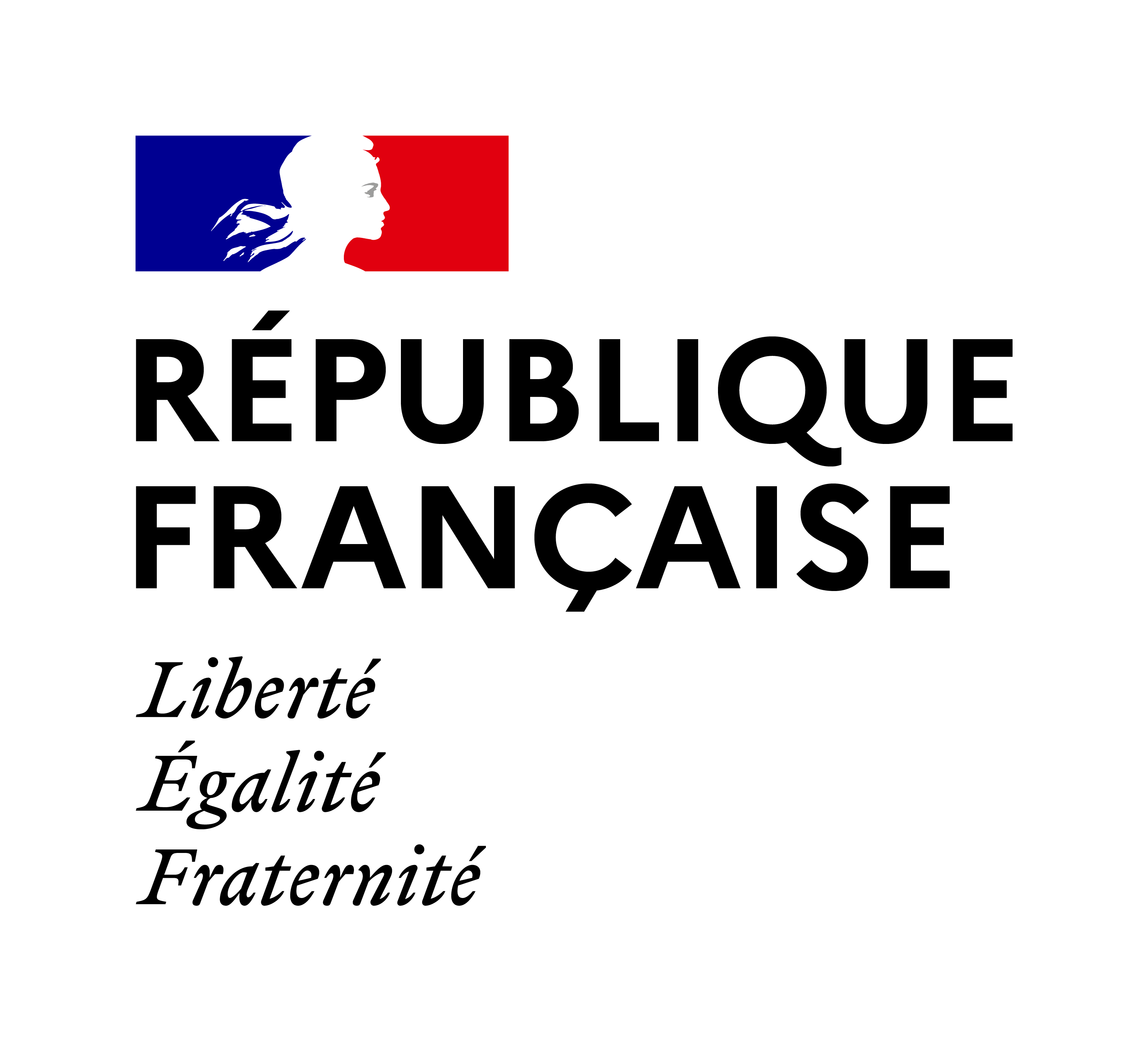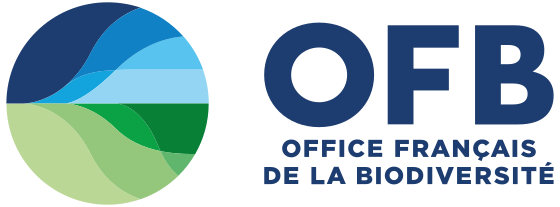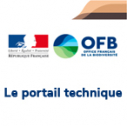Future Maore Reef: the installation of the first artificial reefs in Mayotte

Thanks to the government's recovery plan, the Institut de recherche pour le développement and the Parc naturel marin de Mayotte, with the support of the Centre universitaire de formation et de recherche de Mayotte and the Université de la Réunion, are launching the Future Maore Reef programme for a two-year period.
Four objectives for the future of our reefs !
Coral reefs are essential for maintaining marine biodiversity and protecting coastline. This is why this interdisciplinary development research and innovation programme aims to :
- better understand the resilience of these ecosystems in the face of global changes, including global warming and ocean acidification
- identify sustainable nature-based solutions to help restore degraded ecosystems, reduce the impacts of development projects, pollution and siltation, or help implement compensation measures in the event of the destruction of these ecosystems.
- better understand the relationship between the population of Mayotte and its marine environment
- develop new tools and approaches to raise awareness of coral reef issues among schoolchildren and the general public in Mayotte.
Two years of unprecedented experimentation
To carry out this study, several types of scientific experiments will be carried out in the lagoon of Mauritius.
This week, the research team identified several sites where artificial reefs will be set up. In the form of concrete domes specially adapted to marine life, these artificial reefs will be used to grow coral cuttings.
Comparative monitoring between the artificial reefs and nearby natural reefs, under identical conditions, will make it possible to study the growth and dynamics of the cuttings over time. This will be carried out in particular using the photogrammetry technique, which enables the cuttings to be reconstructed extremely precisely in 3 dimensions in order to monitor their evolution in detail.
An educational component, observed by researchers in educational sciences
In addition, one of the artificial reefs will have an educational purpose : a primary school class from Mayotte will come and take part in its co-construction, in coral cutting and in monitoring its growth. This class will be twinned with a class from Bondy (Paris region) which will carry out the same types of experiments on coral cuttings in controlled basins at the Tropical Aquarium of the Porte Dorée in Paris. The children will share their experiences throughout the year and will participate in cultural events to present the results of their project as well as the artistic creations resulting from their cross-fertilization.
This educational project on coral reefs and climate change will be the subject of a double study, sociological and in educational sciences, to measure its effectiveness, or even improve it and generalise it.
To remember
The study of artificial reefs will allow us to understand their structural complexity and to verify their capacity to host fauna and flora and to recreate ecological functions similar to those of natural reefs.
The results of the project will be used to :
- better assess the resistance and resilience of natural and artificial coral reefs
- and to develop restoration techniques that could be used in the event of degradation or destruction of part of Mayotte's coral reefs.
- Finally, the artificial reef set up with the students will be developed as the basis for an underwater educational trail, allowing other classes to see the future evolution of these reconstitued reefs alongside natural reefs.




